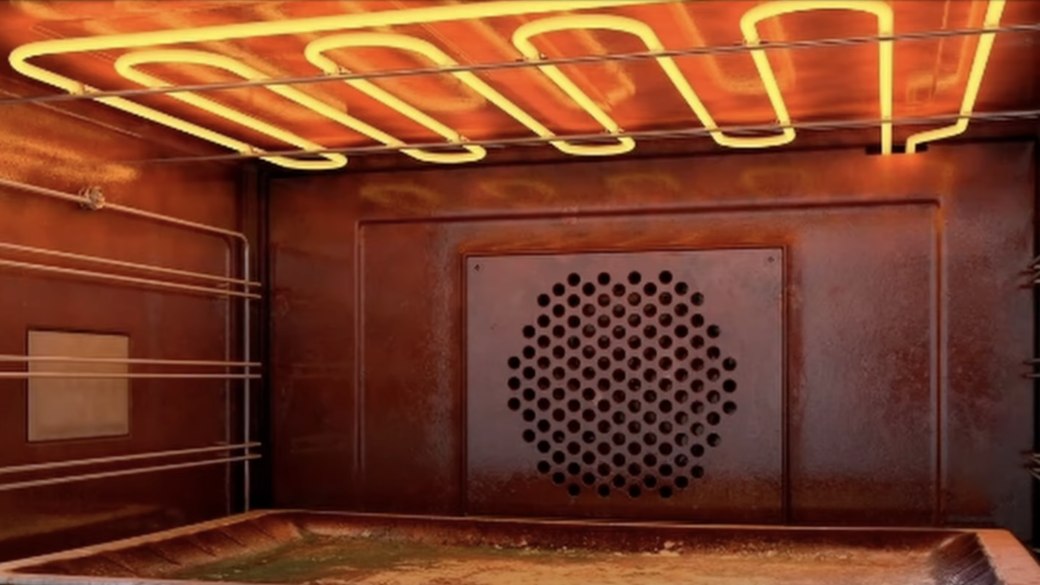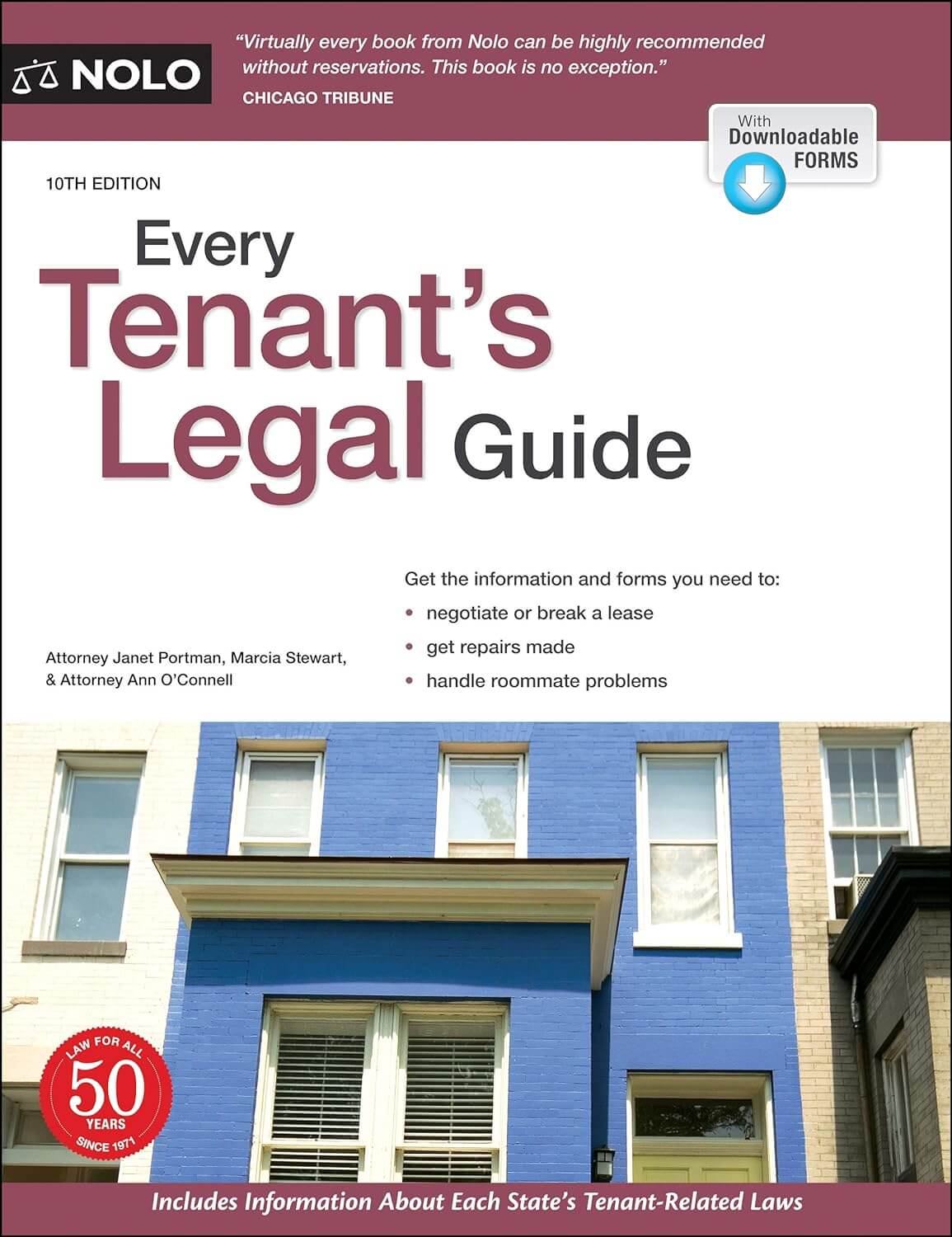How Long Can a Landlord Leave You Without an Oven?
Knowing your rights is crucial whether you’re a renter or a homeowner, especially when it comes to your house’s necessary appliances. In particular, the oven is quite important because it is necessary for preparing meals every day. So the key issue is, “How long can a landlord leave you without an oven?” when this device breaks down.
We’ll discuss in detail the many layers of tenant-landlord regulations in this article, emphasizing your rights and the landlord’s obligations. Timelines, mitigation’s, and remedial steps will be covered. To assist you better comprehend the situation, we’ll also offer real-life instances.
Understanding the Basics: Landlord’s Duty to Repair
The first step is to fully understand the legal requirements regarding a landlord’s obligation to carry out repairs. According to the “implied warranty of habitability,” landlords are expected to keep rental homes in “habitable” condition in the majority of US states.
To find out the laws in the state you live in, click here. According to this legal concept, the landlord assures that the property will be suitable for habitation by renting it to you. This includes making sure your toilets are working too.
Most legal experts agree that functional kitchen equipment, including the oven, are covered under this wide definition of habitability. As a result, if your oven fails to function, your landlord is often required by law to fix it.
For example, the court determined in the California case of “Green v. Superior Court” that landlords must furnish and maintain essential equipment like a working kitchen.
Yet, these repairs typically don’t have a clearly stated schedule. The imprecise wording “a reasonable amount of time” in laws might give rise to several interpretations. Given the severity of the situation and the nature of this “reasonable time,” as soon as it is possible is often thought to be appropriate. Legal professionals frequently recommend a timeline of up to two weeks for an oven as “reasonable,” although it might vary depending on the situation.
What if the Landlord Doesn’t Comply?
You could have a few legal alternatives available to you if your landlord fails to repair the oven within a reasonable amount of time. A local lawyer or renters’ rights organization should always be consulted because these laws differ from state to state.
If your landlord is refusing to get your oven repaired, you may be able to claim against them.
This Nolo Every Tenant’s Legal Guide gives you all of the information you need to ensure the legal process goes smoothly, and how to win your case. The book covers a wide variety of legal issues you’re likely to encounter when renting, so you will get more than just one use out of this purchase.
View the Official Edition here
Tenants frequently have the option to “repair and deduct” in various countries. In other words, you may hire a repair company, pay for the repairs yourself, and then subtract the amount from your rent for the following month.
You might be able to delay paying rent in certain other locations until the repair is finished. However, since this is a complex legal field, you must adhere to the law precisely. It’s often advised that you provide your landlord written notice of your plans and to set aside the money for the rent in a separate account.
Last but not least, in exceptional circumstances, a damaged oven can be considered to make the property uninhabitable, enabling you to break your lease without incurring any fees. This is an extreme step, though, and should only be considered after seeking legal counsel.
Preventing Oven Repair Issues: Communication is Key
Often, good communication can stop minor problems from developing into bigger ones. Inform your landlord as soon as you become aware of the oven malfunction. The easiest way to do this is in writing, like a letter or email, so that there is a record of the notice. A request to repair letter is a good way of doing this. Give as much information as you can about the issue, then ask for a prompt fix.
If the issue is not immediately resolved, it is also useful to follow up on it regularly. Record these follow-ups in a journal. This paperwork might show that you gave your landlord enough time to fix the problem if you need to take any further action.
Tenant Responsibilities and Considerations
Major appliance maintenance is largely the landlord’s responsibility, although renters are also accountable. For instance, the landlord might not be required to pay for repairs if the renter misused or neglected the oven and caused it to malfunction. In such circumstances, the expense of replacement or repair is transferred to the renter. The appropriate usage and maintenance of equipment must thus be understood and followed.
Escalating the Issue to Local Housing Authorities or Court
Some residents might need to contact the local housing authority if the landlord still won’t fix the oven. When landlords fail to provide the services required, some jurisdictions have housing departments or health departments that can step in and take action. In the worst-case scenario, renters may need to take legal action and claim their rights in small claims court.
Understanding Your Lease Agreement
A component of every lease agreement will specify who is responsible for maintenance and repairs. This provision in your lease agreement must be well understood. The terms of the lease might outline how problems should be reported, how soon the landlord must fix them, and who is in charge of certain kinds of repairs.
Role of Home Warranty or Renter’s Insurance
Appliances like ovens are frequently covered by home warranty plans or renter’s insurance, which could accelerate the process of repair or replacement. Understanding what your insurance or warranty covers and how to submit a claim, if necessary, is crucial.
Alternative Cooking Arrangements while your oven is out of order.
They could offer a temporary solution, such as a hot plate or counter-top electric oven. In some cases they might even cover some of the expense of eating out. However, unless specifically stated in the lease, they are often not legally required to do so.
In conclusion, even if there isn’t a set “timeline” in which a landlord must give you a working oven, knowing your rights and maintaining open channels of communication can help facilitate the solution of such problems. Always keep in mind that laws can change. If you have any questions about your rights in a situation like this, you should seek legal counsel.
People Also Read
How Long Can a Landlord Leave You Without Hot Water?



